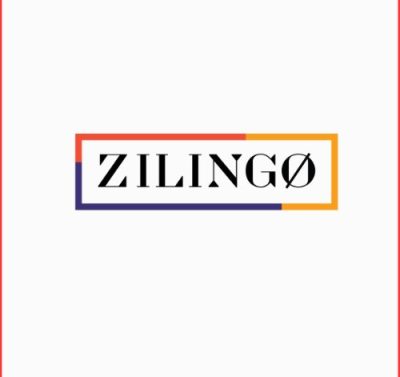Private sector economic activity in South Africa has contracted for the third month in a row, according to the latest survey from S&P Global. The South Africa Purchasing Managers’ Index (PMI) fell to 47.9 in May, marking its lowest level since July 2021. The PMI is an indicator of economic health, with readings above 50 indicating growth in activity.
The survey reveals that customer demand dropped into negative territory in May, following a slight improvement in April. This decline in demand contributed to a sharp and accelerated drop in output for businesses in the private sector. David Owen, an economist at S&P Global Market Intelligence, commented on the findings, highlighting that firms are facing severe inflationary pressures due to several factors. These include the weakness of the rand, high electricity costs, and elevated wage pressures.
South Africa’s state power utility, Eskom, has warned that it may need to implement unprecedented power cuts this winter due to the country’s worst power crisis on record. The ongoing power cuts, also known as load shedding, have had a significant impact on businesses and their operations. The unstable power supply has forced many companies to seek alternative sources of electricity, further increasing costs and customer prices.
Despite the challenging economic conditions, firms in the private sector remain positive about the future. The survey highlights that businesses have seen improvements in supply chain challenges, which have previously hindered their operations. This positive outlook suggests that companies are optimistic about overcoming the current difficulties and regaining momentum in the coming months.
The continued contraction in private sector economic activity raises concerns about the overall health of South Africa’s economy. The declining PMI figures indicate a weakening business environment, which can have ripple effects on employment, investment, and consumer spending. Persistent power cuts, along with inflationary pressures, pose significant challenges for businesses, leading to higher production costs and reduced profitability.
To address these challenges, the South African government needs to prioritize resolving the power crisis and implementing measures to stabilize the energy supply. This would provide businesses with the stability they require to operate efficiently and stimulate economic growth. Additionally, efforts to manage inflation, strengthen the rand, and alleviate wage pressures would help alleviate some of the financial burdens faced by companies.
Moreover, investing in renewable energy sources and diversifying the energy mix can help reduce dependence on Eskom’s struggling power infrastructure. By encouraging private sector participation in energy generation and promoting sustainable practices, South Africa can enhance energy security, mitigate costs, and contribute to a more resilient economy.
The S&P Global South Africa PMI survey highlights the ongoing challenges faced by the country’s private sector, including declining customer demand, output drops, inflationary pressures, and persistent power cuts. However, despite these difficulties, businesses remain hopeful, particularly due to improvements in supply chain challenges. Resolving the power crisis and implementing measures to stabilize the energy supply are crucial steps toward economic recovery. Additionally, addressing inflation, supporting the rand, and promoting renewable energy can contribute to a more sustainable and prosperous future for South Africa’s private sector and the overall economy.















